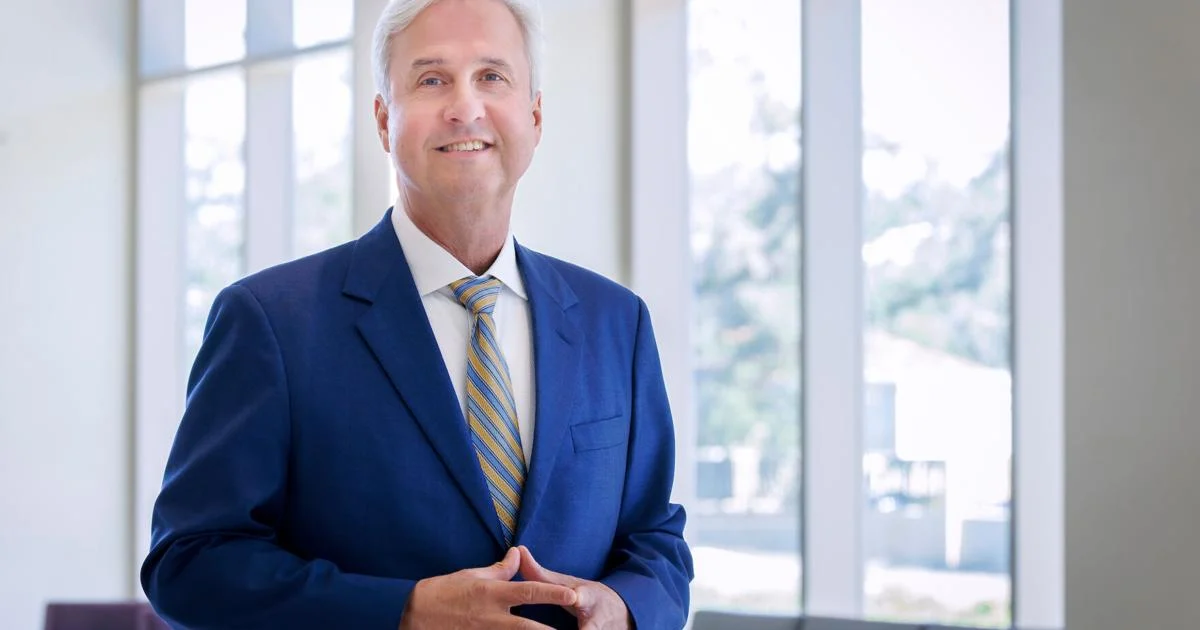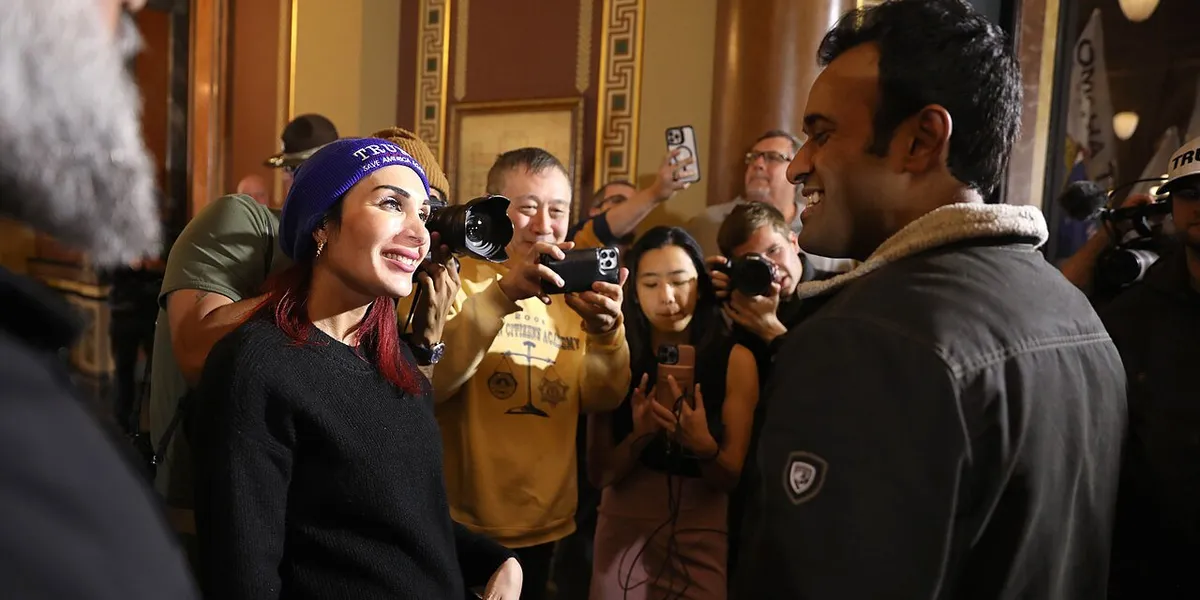Copyright Baton Rouge Advocate

Wade Rousse has been selected as the 29th LSU president, replacing former LSU President William Tate IV, who left earlier this year for Rutgers University. As a Louisiana native and president of McNeese State University, Rousse positioned himself in interviews as a candidate with a nontraditional background who would shake up the university. Here are five things to know about Rousse as he takes the helm of LSU's sprawling university system, which has multiple campuses across the state and hundreds of millions of research dollars. He has a business background, but also has a Ph.D. Rousse graduated from Nicholls State University in 1993 and went into the marine transportation business. He earned a Ph.D. in economics from the University of Illinois at Chicago, worked for two years at the Federal Reserve Bank of Chicago and founded an alternative investment company. Beginning in 2015, he served as an associate dean at Northern Arizona University before joining McNeese in 2019 as dean of the College of Business. He moved up through that university’s administration before being appointed president in July 2024. Rousse's marks a switch from a combined LSU system president and main Baton Rouge campus chancellor to a separated role During the presidential search, one issue that surfaced during interviews with the board was whether to return to an administrative structure with separate president and chancellor positions. A chancellor used to oversee the Baton Rouge campus, while the president led the entire, eight-campus system until both roles were combined in 2012. During his interview, Rousse strongly advocated bringing back a chancellor position to the university, arguing the president's role should be about leading the system and focusing on the larger, statewide picture. The Board of Supervisors on Tuesday voted to separate the roles out again and selected James Dalton to serve as the chancellor of the main campus. He was part of a major turnaround in enrollment at McNeese Rousse’s implemented a strategy at McNeese that aimed to stabilize both enrollment and the university's budget. The school turned around a 14-year enrollment decline last year, with applications up 10 percent. Rousse plans to use metrics to measure progress across all sectors of the university system While his limited time in academia relative to other candidates was criticized, Rousse defended his background, comparing himself to a CEO who switches between companies, and advocated for running the university in much the same way. In an interview on Monday, he said he instituted a metrics system at McNeese to measure the work of positions across the campus. “Everyone on that campus has some sort of metric that says I’m going to have a positive effect on either recruitment, retention or job placement,” he said. “And that goes all the way down to the landscaping crew. We talk about aesthetics and what I’m going to do because that helps me with recruitment.” Rousse will be part of a number of changes The new president will be thrust into a sea of important decisions, joining during the hiring of a new football coach, following Brian Kelly’s firing after the Tigers’ 49-25 loss to Texas A&M last Saturday. They also will have to navigate the suspension of federal funding, which has impacted Pennington Biomedical Research Center. There are also plans for a new proposed 15,000-seat arena.



